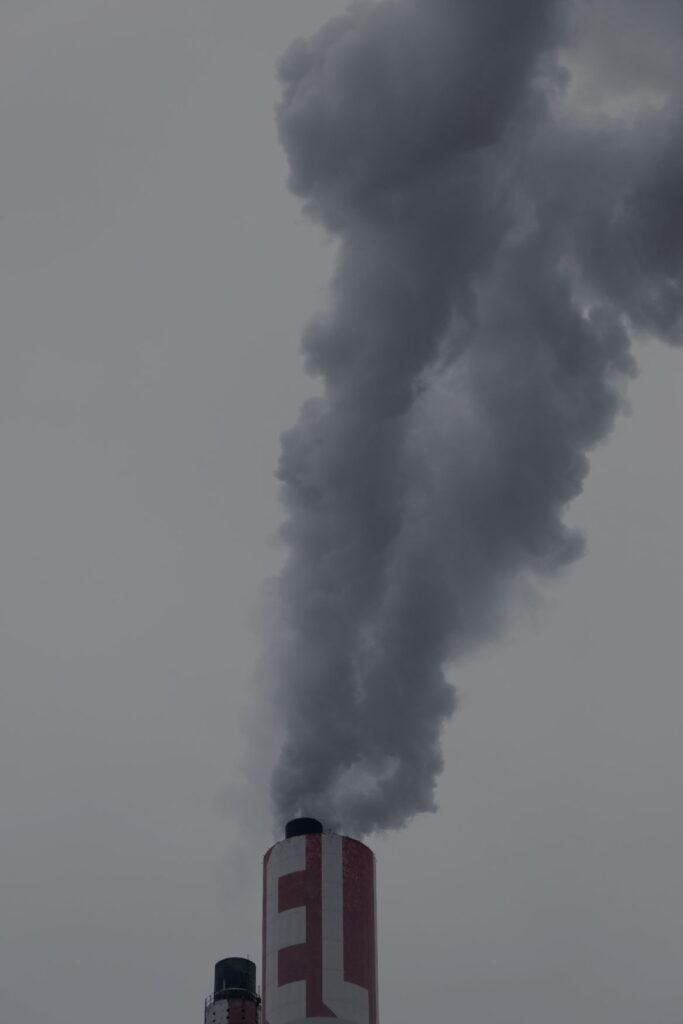Causes of Climate Change
Historical and current emission patterns

Climate change is caused from an increasing amount of Greenhouse gases accumulating in the earth’s atmosphere. This trap heats from the sun’s radiation and gradually increases the planet’s surface temperature – a phenomenon known as the “Greenhouse effect.” These changes to the atmosphere’s composition also have other effects on our earth systems, such as ocean acidification and alternating vegetative growth patterns.
However, it is not just greenhouse gas emissions and energy production that are contributing to climate change. Other human activities which have caused affected land use and forestry as well as changes in food production, manufacturing and mining industries, transport, energy use, and buildings all contribute to climate change. This vast socio-technical landscape is often broken down into industries and sectors to understand how to mitigate climate change, however, emissions from various sectors are often interrelated. For example, 90% of emissions created for electricity can be attributed to industry and buildings with 22% attributable to agriculture, forestry, and other land use. Also, despite the global call to reduce emissions, annual emissions are increasing from sectors such as industry at 3.4%-1.4% per annum.
The current state of climatic change is the result of both historical and current emission patterns. Deliberations on how to address climate change take into account both previous and current emissions and consider aspects such as accountability, responsibility, equity, and justice. Historical emissions patterns are the result of the industrial revolutions, the emergence of fossil-fuel-based energy systems, the Great Acceleration, deforestation, land-use changes, alteration and disruption of local governance systems, post-colonial economic and governance systems, the development of capitalism, and other factors which contribute to the current global economy. Ongoing analyses of the causes of climate change are subject to critical socio-political discussions concerning race, gender, socio-economic status, political systems, and global relations among other factors. Consequently, climate change results from complex historical and current social, political, relational, and technological drivers.
Additionally, the drivers of climate change are complex with human factors such as population size and density, income, urbanization, and planning all contributing to climate change and an increasing share of emissions can be contributed to urban areas. Emissions have also been found to be highly linked with global inequality and affluence with the 10% of households with the highest per capita share of emissions contributing disproportionately to their share of emissions.
Addressing climate change will require significant sectoral and systemic changes to our economic and societal systems. This will require new skills and training to support sustainable local and global economies. Currently, there is an unhealthy sociometabolism as social, political, and economic systems have become coupled with ecological degradation and climate change. Deep and rapid reductions in emissions through policies and actions that prioritize the well-being of both people and the planet will be required for the urgently needed low-carbon socio-ecological transition.
